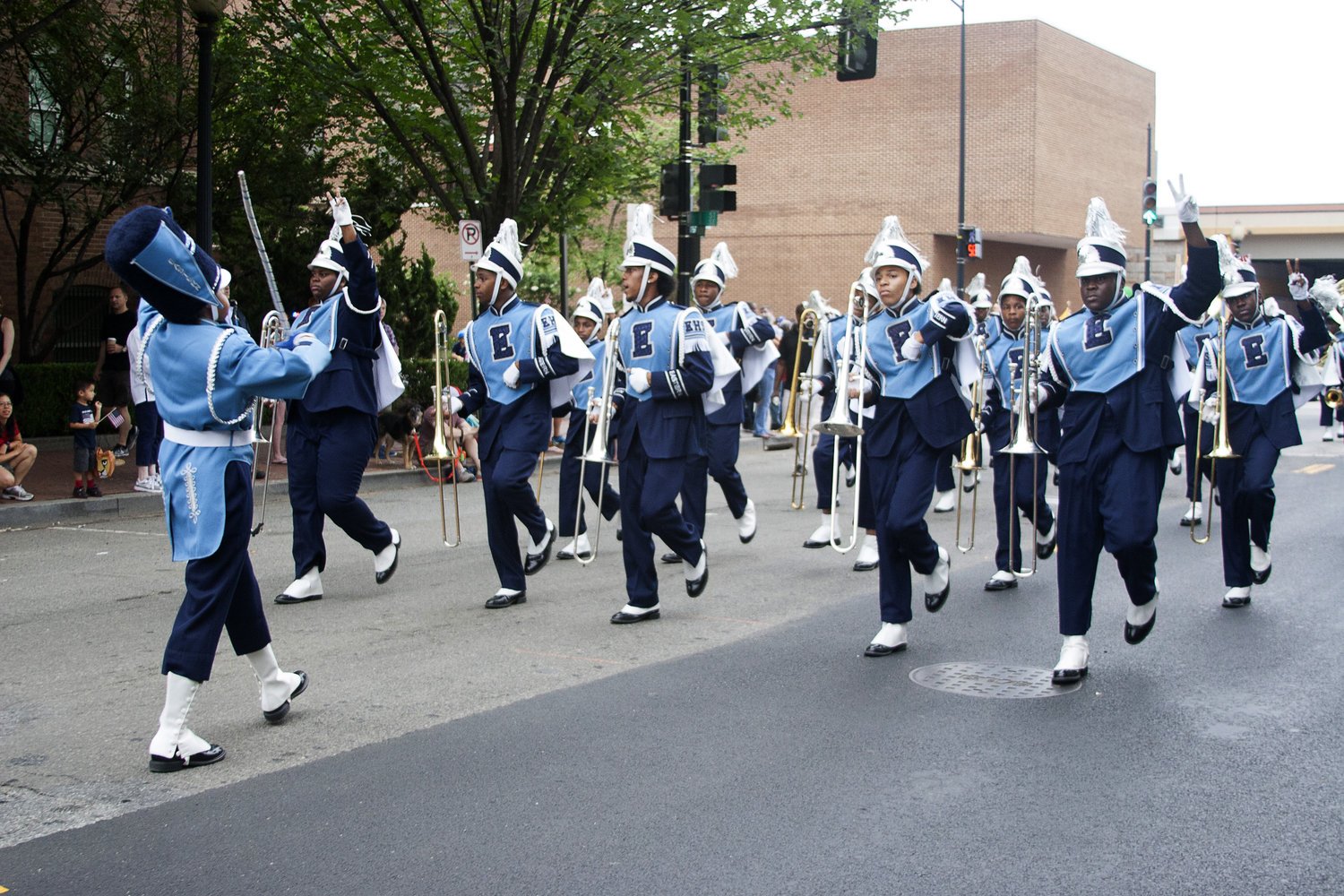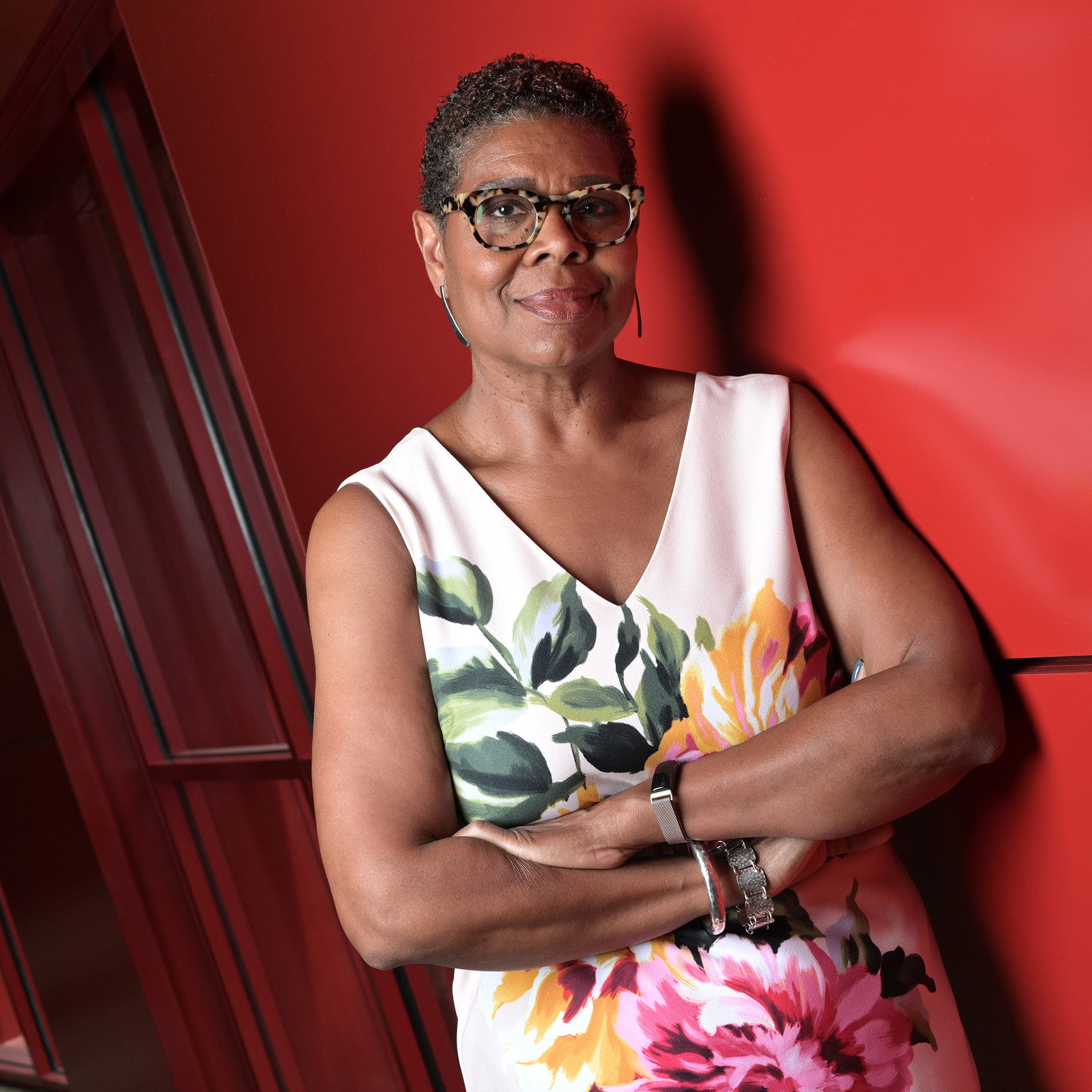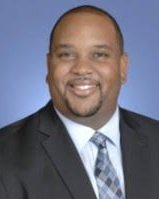“Despite its designation as one of the wealthiest majority Black jurisdictions in the country, Prince George’s has the lowest household income in the region, a sobering nod to Greater Washington’s significant and historic racial wealth gap.”
By Jamie McCrary - Addressing our region’s economic inequality has become a leading priority for community leaders. Even before the Covid-19 pandemic, Greater Washington—home to nine of the 20 wealthiest counties in the U.S.—suffered some of the highest income inequalities in the nation.
Prince George’s County, Maryland, is no exception. Despite its designation as one of the wealthiest majority Black jurisdictions in the country, Prince George’s has the lowest household income in the region, a sobering nod to Greater Washington’s significant and historic racial wealth gap.
Throughout the region, many philanthropic organizations have pivoted their focus to address these stark disparities. For The Community Foundation, this means continuing to partner with local nonprofits driving economic justice—and reimagining the organization’s strategy to build racially equitable, just, and thriving communities where everyone prospers.
“Low-income residents and communities of color have paid dearly due to lack of investment advancing economic justice,” says Darcelle Wilson, Senior Director for Prince George’s County at The Community Foundation. “Every community and person, no matter their socio-economic status, is better off when we take strategic action to close the racial wealth gap.”
A Vision for Equity
In 2021, The Community Foundation finalized its new, 10-year strategic vision to pursue economic justice for Greater Washington
Centered on three core pillars—leading with racial equity and inclusion, aligning its business with its vision, and closing the racial wealth gap—the framework envisions our region as a place where people of all races, places, and identities reach their full potential. “Our region’s biggest challenges stem from economic injustice, the root cause of persistent inequities exacerbated by the pandemic,” says Tonia Wellons, President and CEO of The Community Foundation. “[We] imagine a region that has moved beyond simply surviving to becoming a welcoming and inclusive place where we all prosper.”
In Prince George’s County, The Community Foundation’s pursuit of justice is prescient throughout its programs and partnerships— some longstanding, others newly established.
Through initiatives like Sharing Prince George’s, a program which convenes donors to learn about community needs and invest in promising solutions, or the Equity Fund, which invests in nonprofits working to eliminate disparities, The Community Foundation is turning its vision for equity into action.
In 2021, The Community Foundation’s Prince George’s County office awarded more than $3.8 million in grants to 100+ nonprofits, building on their existing $50 million of investments in nonprofits serving county residents.
Empowering Prince George’s Families and Communities
The organization’s pursuit of economic justice began long before finalizing its equity-driven vision. The Community Foundation has long partnered with organizations in Prince George’s County to fight poverty, unemploy- ment, and other barriers to prosperity for more than 20 years, including Capitol Heights-based nonprofit United Communities Against Poverty (UCAP).
A respite service provider, UCAP serves low- income residents negatively impacted by poverty, homelessness, crime, and other adverse social situations. Through initiatives like the Family Stabilization Program (FSP)—a homelessness shelter transition program that The Community Foundation helped seed in 2013—UCAP is helping empower Prince George’s families toward equitable economic stability.
A 12-24 month program, FSP provides sup- portive case management to families experiencing homelessness in Prince George’s County and transitioning out of UCAP’s shelter. Families are paired with a caseworker to ensure continued access to shelter services and receive a bank account and starter stipend, once they complete a financial literacy class.
“The Community Foundation affords the opportunity to create solutions to our com- munity’s environmental and socioeconomic challenges,” says Rasheeda Jamison, President and CEO of UCAP. “This support has allowed us to grow and expand our reach by making sure programs like FSP meet residents’ needs.”
Since the program’s inception, The Community Foundation has invested in case worker salaries, administrative fees, and stipends, helping assist more than 700 Prince George’s families.
“It’s been phenomenal to see so many people come together to make sure individuals who need help receive services,” Jamison says. “This is the foundation of a strong community.”
Catalyzing Action Through Philanthropy Partnering with high-impact nonprofits like UCAP is just one way the Community Foundation is pursuing justice. The organization is also investing in growing strong philanthropic connections, particularly with younger generations through its Emerging Leaders Impact Fund (ELIF).
ELIF, a giving circle for young philanthropists in Prince George’s County, convenes next gen donors to raise awareness and catalyze action around key societal issues. Members, typically aged 45 and under, pool their resources to invest in programs to advance residents’ economic mobility.
ELIF members also attend a series of learning events throughout the year, helping ensure participants stay attuned to community needs and that they are learning about the fundamentals of effective and strategic giving. “The Emerging Leaders Impact Fund is about the future,” says ELIF chair Davion Percy. “Not only the future of Prince George’s County, but our community’s future leaders.” The first cohort completed their inaugural grant round last fall, investing nearly $12,000 in five Prince George’s County nonprofits combatting chronic absenteeism in schools— a barrier to both educational and economic advancement.
As the Community Foundation continues to pursue its vision for justice, its Prince George’s County team is also driving impact through new partnerships, programs, and investments. Recent partnership initiatives include the County Executive Office’s Hope in Action Anti-Violence Project, a cross-sector violence prevention initiative; and the new Faith and Philanthropy Project, a partnership with the faith community which helps ensure long-term institutional sustainability and impact. Whatever the medium, The Community
Foundation wants to ensure all Prince Georgians are afforded equal economic opportunity—and, in time, the region’s racial wealth gap is a painful reality of the past.
“By widening the pool of economic devel- opment opportunities to a more diverse set of participants, we take steps toward closing the racial wealth gap,”Wellons says. “Together, we can build a more just and equitable community.”
This Article was originally published in the Fall/Holiday 2022 Edition of the Prince George’s Suite Magazine.
































